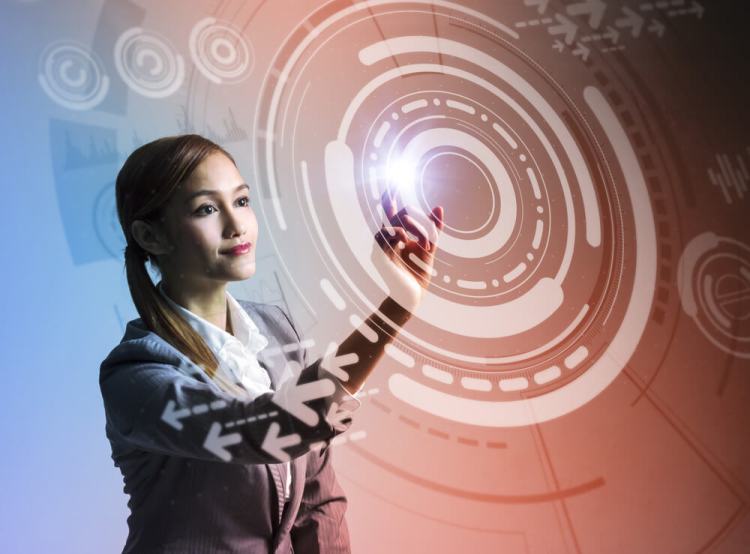What if artificial intelligence actually made a difference in our everyday lives?
If you think about it, technology for processing information like humans do is still at an early stage. It shows up in chatbots and on speakers like the Amazon Echo. Yet, many of the services we use each day are still not AI-enabled, which is unfortunate. It’s one thing to make a car we can’t afford or to make a speaker smarter, but what about common products and services?
1. Parking garages
A few trials are underway to make parking easier, including one with Ford where you can use an app to book and pay for the parking spot. What I’m hoping for is more advanced. An AI-powered parking garage would identify your car when you pull in, look up your account and see that you’re a loyal customer, talk to you from an overhead speaker system to direct you to an open spot, show you a live feed of your Audi through the evening, then let you pay automatically. When you leave, you could talk to a bot at the exit if there were any issues.
2. Web browsers
How would a web browser benefit from AI? It might seem far-fetched, but an AI agent could notice when you are researching a particular topic, like a new printer, and offer links for the best options. It would remember sites for you, not just bookmark them or save them in your history but actually add them to a knowledge base. And you wouldn’t need to search through that archive — the AI could remind you about facts and links. It might watch what you post on social media and even suggest you not engage with a troll that is known for attacking people on Twitter. And here’s hoping it can help us with tab management, adjusting tab width for the ones we are using or offering to close tabs we haven’t touched since yesterday.
3. ATM machines
These dumb terminals could be a lot smarter. Sure, we mainly need them to take our deposit and dole out cash. Some ATM machines for the most popular banks are pretty good at remembering the options you normally use, such as a favorite account. An AI would know more about you, reminding you (if you enable the feature) about a bill that’s due. Most importantly, it would use biometrics to identify you, know that you always deposit a check around certain dates, and ask you to insert the check, as well as learning about other habits to make the process faster and easier.
4. Road intersections
I know there is work underway to make roads more intelligent — someday soon, our cars will know when the light turns green. Yet an AI would be able to identify the exact locations of cars and trucks at all times. It could communicate with the lights to adjust traffic flows. More than the car itself knowing how to avoid a collision at an intersection, an AI could intervene (if we let it) and adjust the steering and braking in both cars, including the one being driven by an idiot.
5. Office furniture
Here’s one that might seem odd, but it could be incredibly beneficial. Let’s say your office furniture was AI-enabled. Your chair could adjust and conform to your bone structure or any medical conditions automatically. Your stand-up desk could adjust for the best ergonomics based on your height and weight (and your typing style). When you’ve been sitting too long, the desk could suggest you stand for 15 minutes. If you’re slouching, the chair could nudge you slightly.


